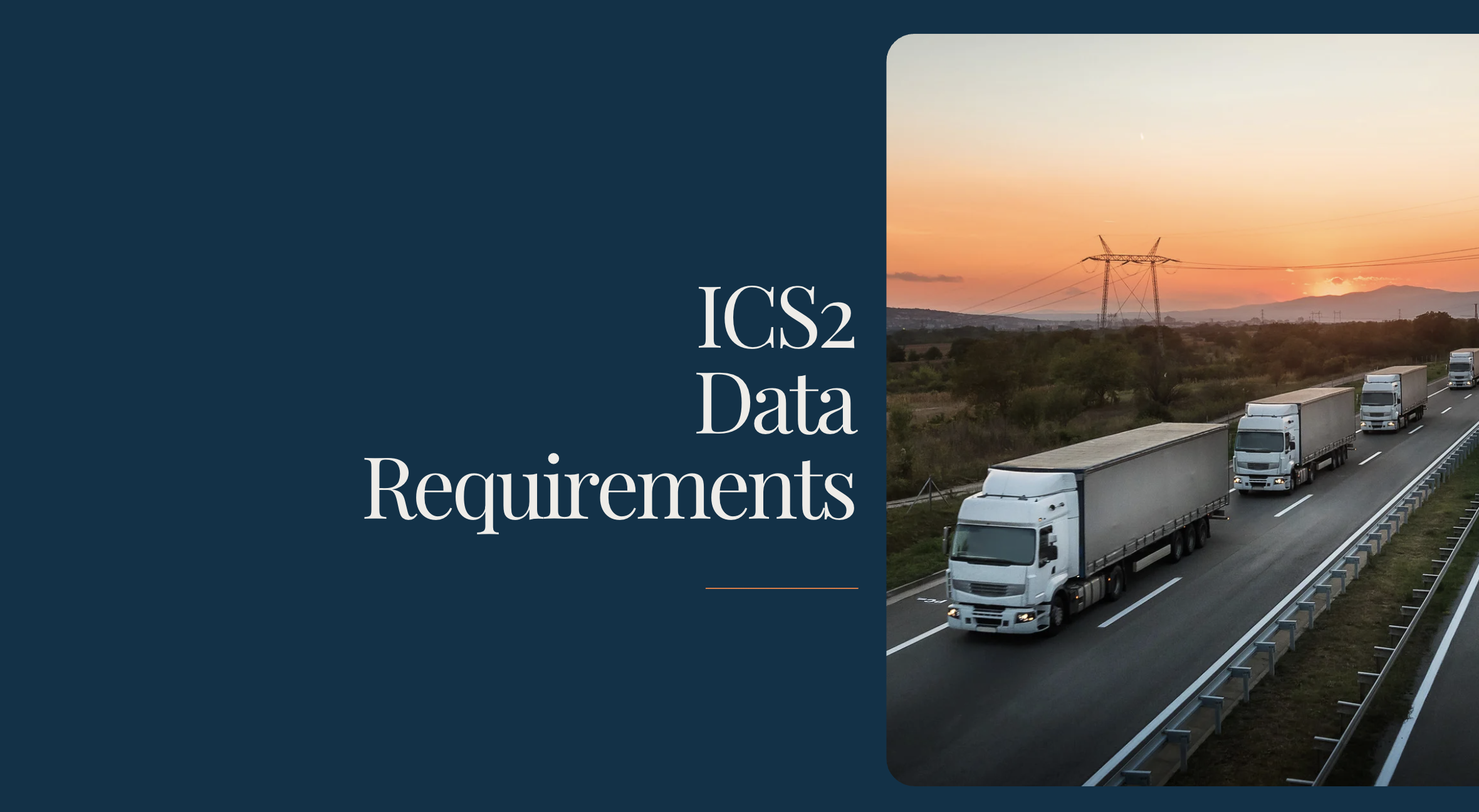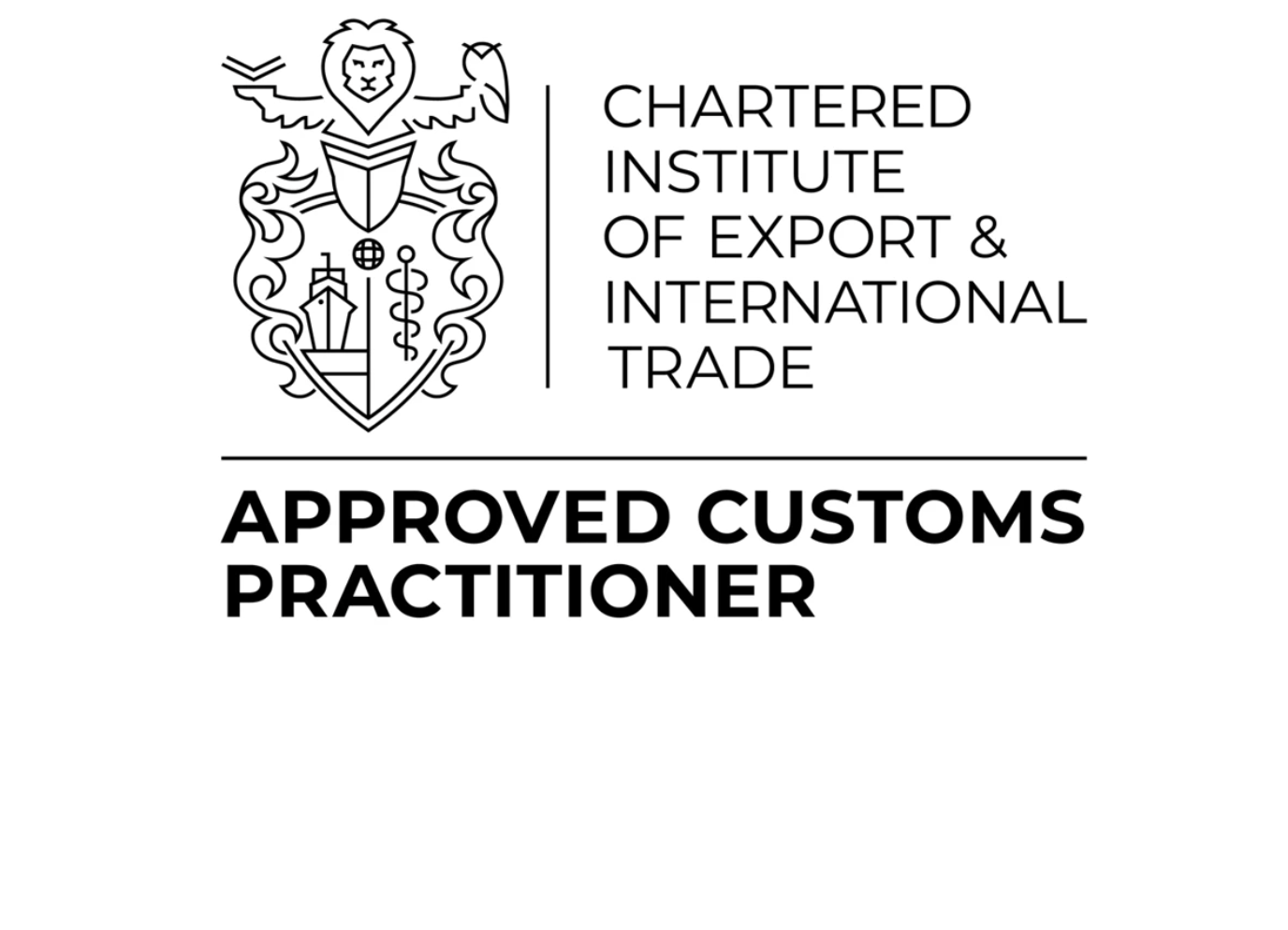Importing SPS goods. What have we learned?
DEFRA

Four and a bit months into the DEFRA Common User Charge scheme - what have we learned? Quite a lot and it's not all good
Let's be clear, we are big big fans of SPS checks. The work DEFRA and Ashford Port Health (to name but two agencies) do is much appreciated and keeping us and our farming industries protected is valuable work indeed. However, we're not big fans of the charges and can think of several ways to improve the flow and reduce the costs. This is screaming for a trusted trader scheme and we will continue to 'bang that drum' along with our esteemed colleagues in the Trade Facilitation Commission. Until then, we hope the below update is useful.
Importing SPS goods
(food, feed, plants and plant products)
The BCP (Border Control Post) charges were introduced on 30th April 2024. Commonly referred to as the ‘Common User Charge’ or ‘CUC’. What have we learned?
Firstly let’s remind ourselves of the rules:
The CUC relates to goods arriving in GB via the Port of Dover or Eurotunnel – this is because the BCP at Sevington (Ashford) is Government run. Other ports will have their own commercial BCP offering and their scale of fees.
Similar charges may apply at Holyhead BCP when this becomes operational for IE-GB flows although latest news is that this will not be until mid to late 2025.
The charges are for commercial movements of animal products, food, feed, plants and plant products arriving through Dover or Eurotunnel and apply to:-
- Imports entering Great Britain
- Transits entering and leaving Great Britain (Irish landbridge for example).
The CUC is actually in two parts:-
- The DEFRA charge
- The Ashford Port Health (APH) charge
Both of these apply regardless of whether the goods are physically examined or not.
A summary of these charges is as follows :-
.png?width=829&height=628&name=Untitled%20design%20(5).png)
This matrix is given for information purposes only and is not a quotation.
The DEFRA element is invoiced to us (where we are the responsible party on the IPAFFS/CHED declaration). Whereas the APH element is deducted from our prepaid account balance as there are no credit terms offered by APH.
Since the introduction of these charges we have paid over £½million in fees on behalf of our clients and continue to incur these charges from DEFRA and APH as part of the import process as required.
So, what have we learned?
- Nobody likes the fees!
- The fees are unavoidable and form part of the GB import process.
- Many blame us for the fees when in fact we are purely the messenger here – we incur these costs on your behalf for your goods to keep moving.
- DEFRA have issued their first invoices, which we have paid. What happens if a trader or agent does not pay for any reason? – DEFRA may have to restrict ongoing access to the IPAFFS portal for ‘bad debts’.
- Some agents are avoiding the charges by completing the IPAFFS/CHED declaration in a way that forces the DEFRA charges to be raised directly to the trader, often without the trader’s authority. In such cases, the trader may also find they are being charged for movements that are not theirs.
- Some agents are side-stepping the charges by deliberately entering an incorrect port of arrival (ie not Dover or Eurotunnel) – this is both non-compliant and very dangerous – the fees will find you eventually and may come as a rather large shock later in the day.
- The number of lines on an IPAFFS/CHED is not as simple as taking the number of different commodity codes. Where, for example, there is the same commodity code but two different species (think cow’s milk cheese and goat’s milk cheese) this will be two separate lines on an IPAFFS/CHED (so 2x£10 for LOW risk as an example).
- The minimum charges, particularly for MEDIUM risk categories, are misleading and easy to misunderstand, see below.
Minimum charges
For LOW risk categories, we are able to ‘bunch’ the products onto one IPAFFS/CHED declaration. This is NOT possible for MEDIUM risk if there are multiple Export Health Certificates (EHC’s) involved. This is where the misunderstanding starts. There is not one type of EHC, there are multiple versions, depending on the nature of the goods. A full list of the EHC model templates can be found here: https://www.gov.uk/government/collections/health-certificates-for-animal-and-animal-product-imports-to-great-britain
We are required to submit a separate IPAFFS/CHED for each EHC.
Not a separate line on the same IPAFFS/CHED but a separate declaration altogether. So, where the CUC clearly states that the DEFRA element is £29 (subject to a max of 5 CHED lines) and the APH is a minimum of £66 (up to 6 tonnes) – this is per IPAFFS/CHED and NOT per shipment/consignment. For example, one shipment of say 100kilos containing two different EHC’s will attract the DEFRA charge of £29 and an APH charge of £66 (totalling £95)…twice! Once for each EHC requiring a separate IPAFFS/CHED. Many traders have been caught out by this charging mechanism and incorrectly assessed their expected costs.
The ‘up to 6 tonnes’ is per IPAFFS/CHED and NOT per consignment.
We continue to make representation to the Government and have already suggested several ways that the process could be improved. For now, like you, we have to live with it and we continue to act in your best interests so that imports can be completed correctly and, above all else, compliantly.
Useful links for official detail:-
DEFRA CUC : Common user charge: rates and eligibility - GOV.UK (www.gov.uk)
APH CHARGE : https://www.ashfordporthealth.gov.uk/fees/
APHA : EU Imports to England & Wales Fees April 2024 - UK Plant Health Information Portal (defra.gov.uk)
.png?width=150&height=150&name=EORI%20LOGO%202025%20(6).png)


